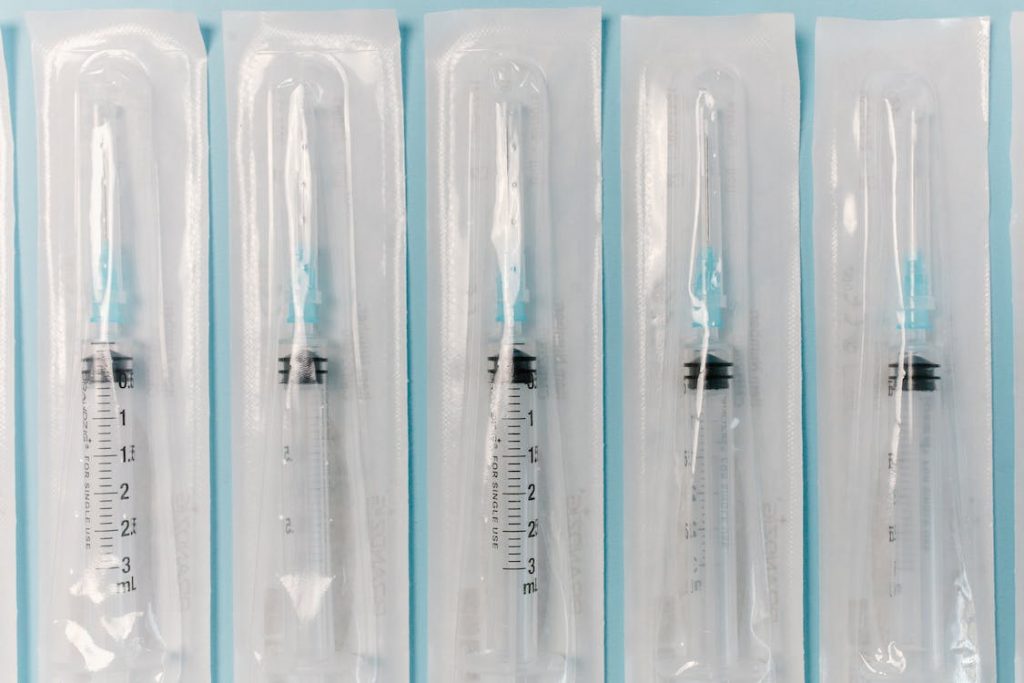Infection
Maui Now : Syringe exchange programs help prevent disease, Hepatitis C in vulnerable communities
In a new report, the Hawaiʻi Department of Health confirmed that syringe exchange programs provide important opportunities to eliminate infectious diseases like hepatitis C. Syringe exchanges not only prevent infections from spreading throughout the community, but also serve as essential health hubs for people who use drugs.
This landmark report used qualitative research methods to seek guidance from people who use drugs on ways to increase the use of curative hepatitis C treatment.
In Hawaiʻi, people diagnosed with hepatitis C may die 20 years earlier than other state residents, according to previous research. The disease burden is especially high among people who use drugs, with more than half of syringe exchange clients infected with hepatitis C at some point in their lifetime. Although hepatitis C is curable with well-tolerated, all-oral medication, many people in Hawaiʻi report not seeking treatment.
To better understand hepatitis C treatment barriers, the Hawai‘i Department of Health conducted interviews with syringe exchange clients in early 2023. The resulting report—“I Wanna Live a Full Life: Perceptions of Hepatitis C Treatment Access among People Who Use Drugs in Honolulu, Hawaiʻi”—is the first Department of Health-led research project that centers on the voices of people who use drugs to guide public health programs.
Based on the interviews, the most important findings from the report include:
- People who use drugs are concerned with health and disease prevention, although their knowledge about hepatitis C varied.
- Co-location of hepatitis C treatment and other services at syringe exchanges is an important opportunity to improve health outcomes.
- People who use drugs respond to visual, directive messaging, especially print materials distributed by syringe exchanges.
- Perceived stigma around substance use and hepatitis C are ongoing barriers to healthcare.
“The findings of this report reiterate the importance of seeking community voices to ensure effective public health decision-making,” said Diana Felton, chief of the Department of Health Communicable Disease and Public Health Nursing Division. “The voices of local people who use drugs are essential for identifying meaningful opportunities to eliminate hepatitis C in Hawaiʻi.”
This report was the result of a multi-sector collaboration between the Department of Health and external partners, including Johns Hopkins Universityʻs Bloomberg School of Public Health, Hep Free Hawaiʻi, and the Hawaiʻi Health & Harm Reduction Center. Most especially, this report relied on the time, experience, and expertise of local syringe exchange participants, whose voices were essential to ensuring that Department of Health responds to community needs.
To read the report and related materials, visit https://health.hawaii.gov/harmreduction/people-who-use-drugs-talk-about-hep-c/.
For local hepatitis C screening and immunization resources, visit www.hepfreehawaii.org.
This report aligns with Hep Free 2030, the statewide strategy to eliminate viral hepatitis in Hawaiʻi by 2030, which was developed by the Department of Health in collaboration with Hep Free Hawaiʻi and over 160 community stakeholders. For more information on hepatitis elimination efforts in Hawaiʻi, visit www.hepfreehawaii.org/hep-free-2030.

